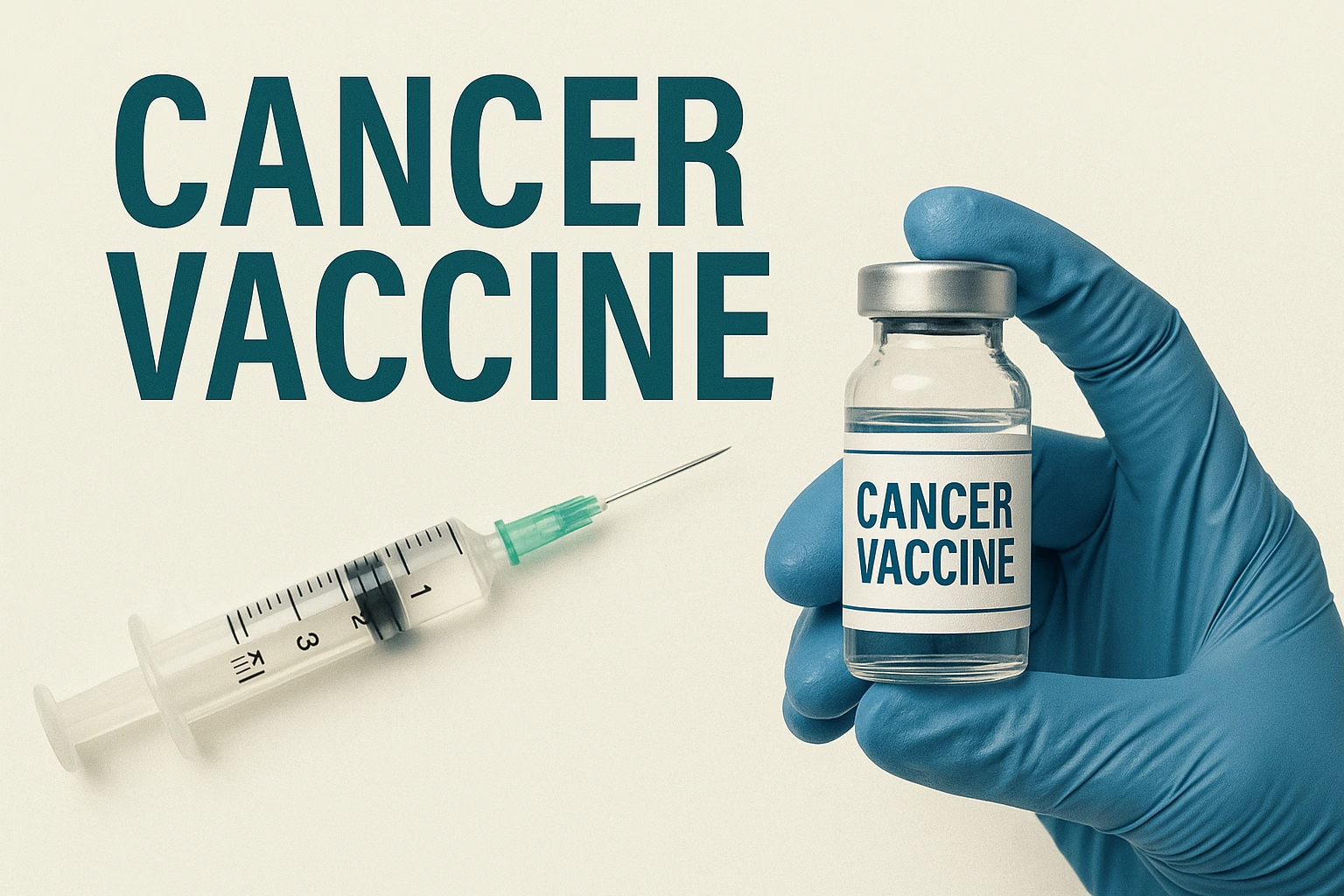A new cancer vaccine developed in Russia may soon be made available to patients, following three years of successful preclinical testing that demonstrated significant reductions in tumour size and growth. Authorities have submitted the drug for regulatory approval, with expectations high for its eventual deployment.
Strong Results from Preclinical Studies
According to Veronika Skvortsova, head of the Federal Medical-Biological Agency (FMBA), the novel cancer vaccine achieved marked effectiveness during laboratory trials. Speaking on the sidelines of the Eastern Economic Forum in Vladivostok, she confirmed the vaccine has completed the preclinical phase and is now awaiting authorisation from the Russian Ministry of Health.
“The [trials] have proven the safety of the vaccine, including its repeated use, as well as its high efficiency, which was associated with a reduction in tumour size and a slowdown in tumour growth,”
said Skvortsova, speaking to Russian news outlet *Izvestia*.
She further noted that in some cases, particularly with certain cancers, the treatment led to an effect ranging between 60 percent and 80 percent.
“Studies have shown an increase in survival, which is also very important,”
she added, underscoring the potential life-extending implications of the vaccine.
Awaiting Regulatory Green Light
The vaccine’s development dossier has been submitted to the Ministry of Health for clinical approval, with the agency currently awaiting a final decision.
“We submitted documents to the Ministry of Health to obtain permission for clinical use,”
Skvortsova stated, adding that this submission occurred towards the end of the northern hemisphere’s summer.
“The vaccine is ready for use, we are waiting for permission.”
The rollout is expected to begin with treatments for colorectal cancer. Subsequent applications of the vaccine will include forms of glioblastoma and melanoma, offering potential hope in areas of oncology where treatment options remain limited.
mRNA Technology and Artificial Intelligence at the Core
The breakthrough is powered by messenger RNA (mRNA) technology—an approach that gained prominence globally during the COVID-19 pandemic. Developed by the Gamaleya Research Institute of Epidemiology and Microbiology, the vaccine is designed to teach the immune system to target and destroy cancer cells using artificial intelligence algorithms.
The head of the institute, Alexander Gintsburg, explained that the regulatory pathway for this vaccine differs significantly from that of conventional treatments due to its complexity and novel mechanisms.
“This is a fundamentally different process from the registration of standard drugs,”
Gintsburg said last month, highlighting the unique considerations involved in approving this kind of therapy.
Gamaleya Institute’s Broader Vaccine Portfolio
The same research institute is known internationally for creating Sputnik V, Russia’s flagship COVID-19 vaccine. The institute is now leveraging its mRNA platform to tackle multiple diseases, including HIV, which is also under active development.
The institute’s growing portfolio reflects a broader strategy to apply mRNA technology across a spectrum of challenging diseases, with the cancer vaccine marking one of its most ambitious undertakings to date.
Implications for Global Oncology
Although still awaiting clinical trial approval, the reported outcomes of the preclinical phase suggest a potential paradigm shift in cancer treatment. By focusing on highly specific immune system training using AI and mRNA, the vaccine offers the possibility of both safety and efficacy—two pillars often difficult to achieve simultaneously in cancer therapy.
The global oncology community will be watching closely as Russia’s Health Ministry deliberates over approval. Should the vaccine proceed to clinical use and replicate its early successes, it may pave the way for a new era of cancer treatment built on technological innovation and precision medicine.

















